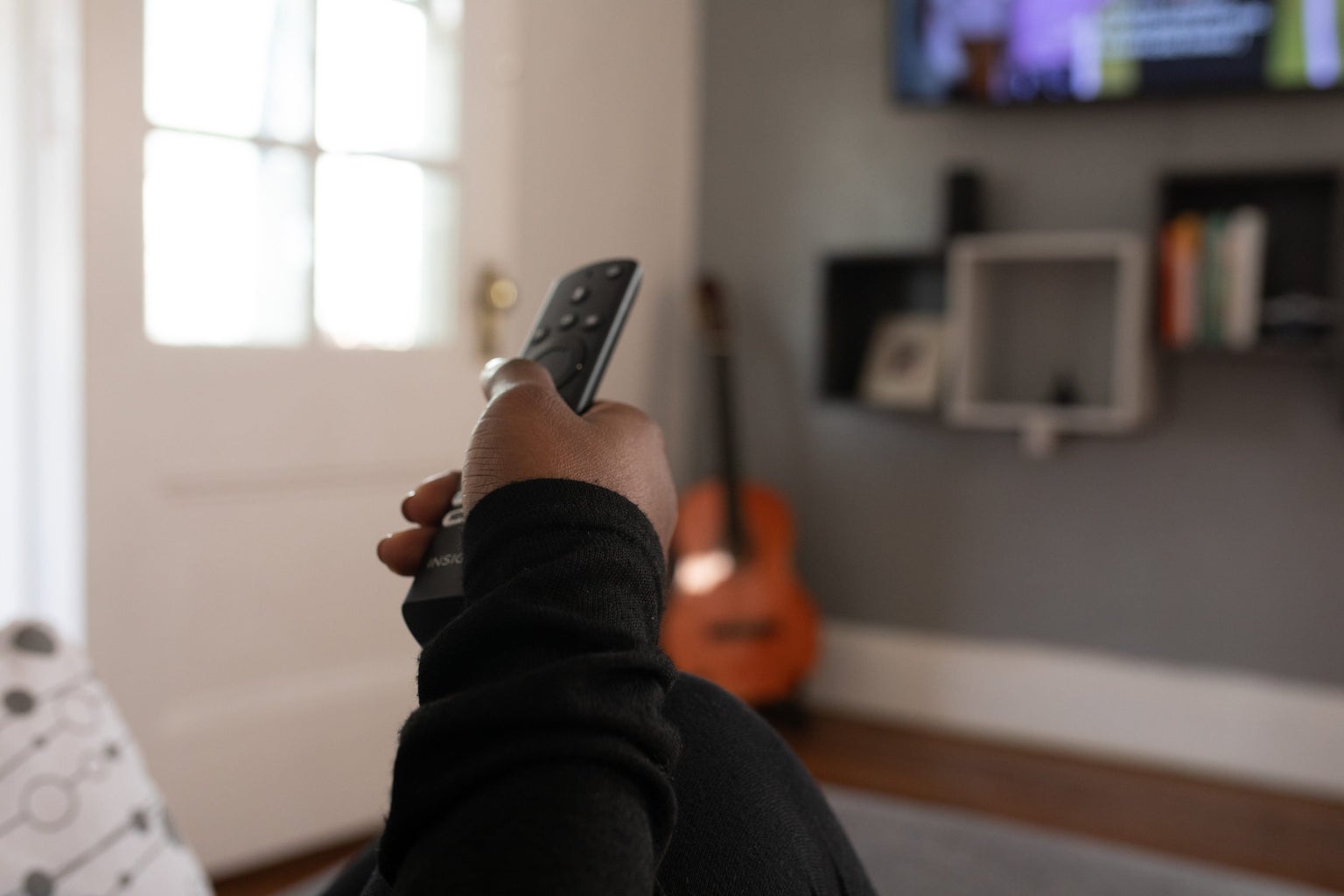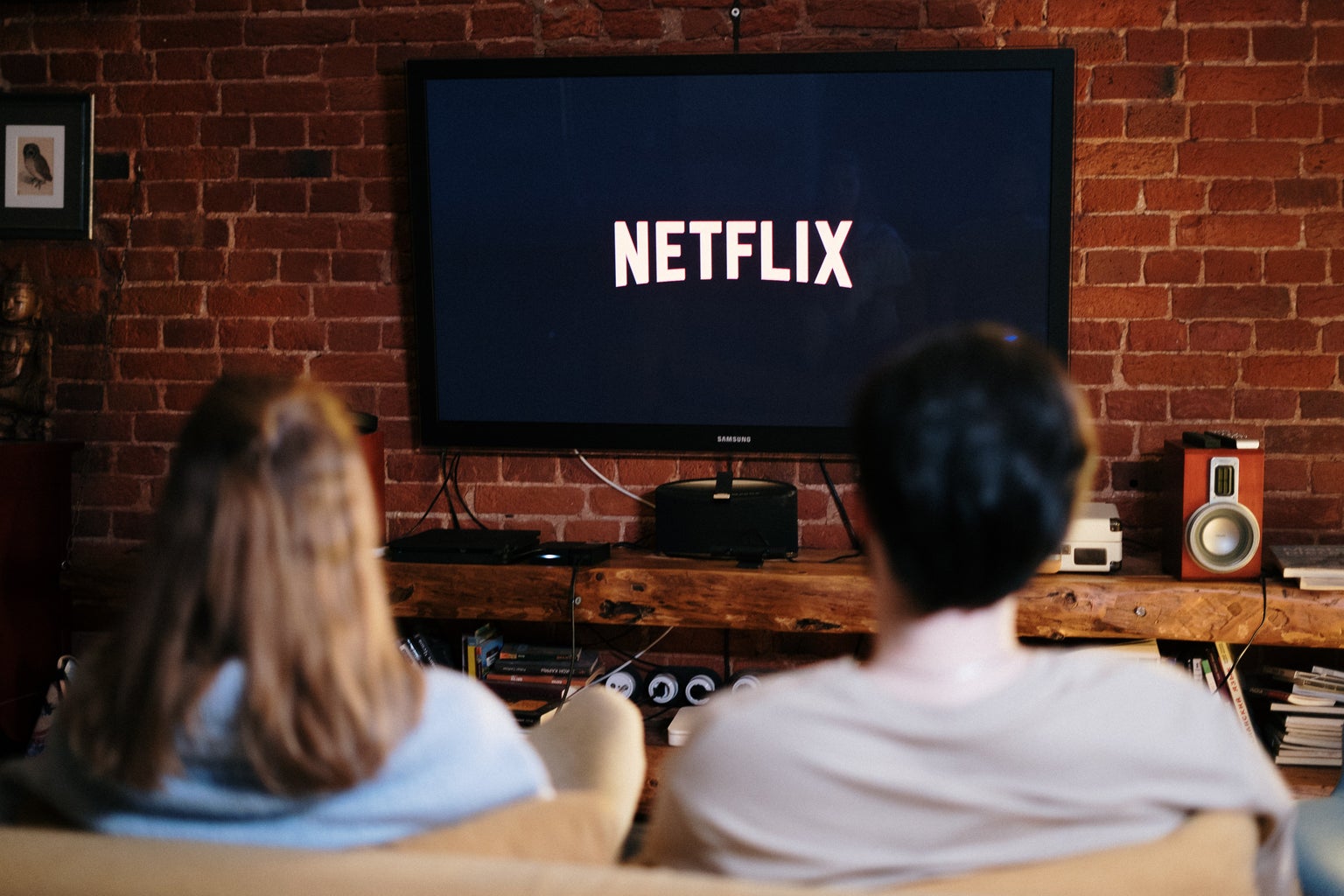Whenever Netflix releases a new original show, I’m admittedly skeptical. Of course, the franchise has been wildly successful with shows I enjoy like Sex Education and Never Have I Ever, yet it’s fallen flat at times with shows like Insatiable and movies such as The Kissing Booth. Needless to say, Netflix’s original movies and shows are hit-or-miss.
When I saw a trailer for The Chair this summer, I immediately had high hopes. A powerful female lead? A college English department? My feminist English major self was ready for a new series to binge. And beyond the excitement of the plot, it’s also filmed at Washington and Jefferson, where my mom went to college. I was excited to see the scenery of the campus and know that my mom had walked the same stairs to buildings as the Sandra Oh. Needless to say, my mom and I both decided we would watch the show and share our feelings on it.
Now that I’ve watched it, I can say that while it did not entirely fulfill my expectations of what it could be, I still did find it a show I’d recommend— especially to other college students. It’s certainly catered to the younger generation, making references to RateMyProfessor and TikTok. While at times these references seemed a bit forced to me, they also made the experience of watching it relatable. After all, I think that escapism in shows can only go so far. There aren’t many shows on Netflix that entirely feature colleges, so as a college student, I found it to be refreshing.
Besides the point of relatability, I think that there are so many things to love about The Chair. Oh’s character of Ji-Yoon consistently carries the show without becoming boring or annoying. She’s powerful, witty, and bold yet human and profane. Ji-Yoon is a strong woman not because of a try-hard feminist persona, but because she’s real; her role as a single mom trying to figure out relationships places the demands of her career in a new light, one that is admirable. Yes, she stands up for other women in the workplace and encourages them to fight for equality, but she isn’t always directly a hero. Of course, I love the blatant ideas of feminism present in the show, but I also love the hidden ones Ji-Yoon doesn’t even realize herself.
The Chair does an excellent job of displaying diverse relationships and the hardships within them, too. One of the more captivating relationships is between Ji-Yoon and her adopted daughter JuJu. Ji-Yoon feels as if she lacks a connection with JuJu because of the adoption and the fact that the two are of different races, causing her to reflect on what it means to be a mother. Their relationship also reminds the viewer that people of all backgrounds can seek out adoption to have children. JuJu also forms a bond with Bill, Ji-Yoon’s colleague who has a difficult relationship with his own daughter and wishes to pursue one with Ji-Yoon. No relationship in the show is perfect, and the characters are not perfect either, which I found made the show all the more lovable.
My main point of conflict with the show is that it attempts to cram a lot of ideas into six thirty-minute episodes, which felt too overwhelming to me. While I admire how the show is ambitious in covering the topics of feminism, race, free speech, and love, some of it feels rushed and glossed over. For example, the student-led accusation of Bill holding anti-Semitic views deeply engages with the idea of students holding their instructors accountable to prevent racism in classrooms. This is a really important point for the show to make, yet it gets mixed into other important points, like that of women of color standing up for themselves in the case of Ji-Yoon’s colleague Yaz. I would have preferred for each episode to cover a different topic instead of having them intermixed in each episode, as they then become hard to follow along with and appear to lose their value.
Overall, I thoroughly enjoyed The Chair. There were moments where I laughed, and others that were more heartfelt and deep. It was this balance, combined with the enduring brilliance of Ji-Yoon’s character and the conflicts she attempts to solve, that kept me coming back to each episode excitedly. And while the episodes did feel like a bit too much was happening at times, that begs the point that there are too few episodes. So if Netflix wants to add another season, I definitely won’t be complaining.




